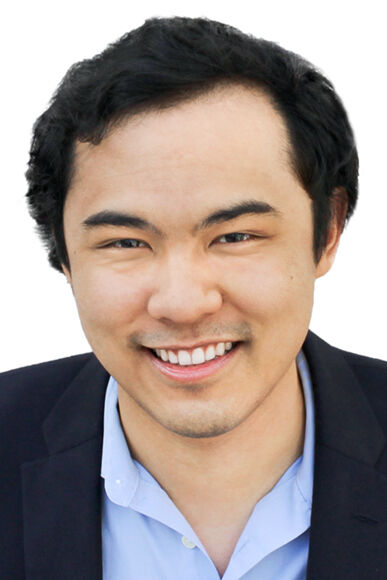- Fellow Highlights
Looking Back at the Fellowship: PhD Student Enrique Toloza
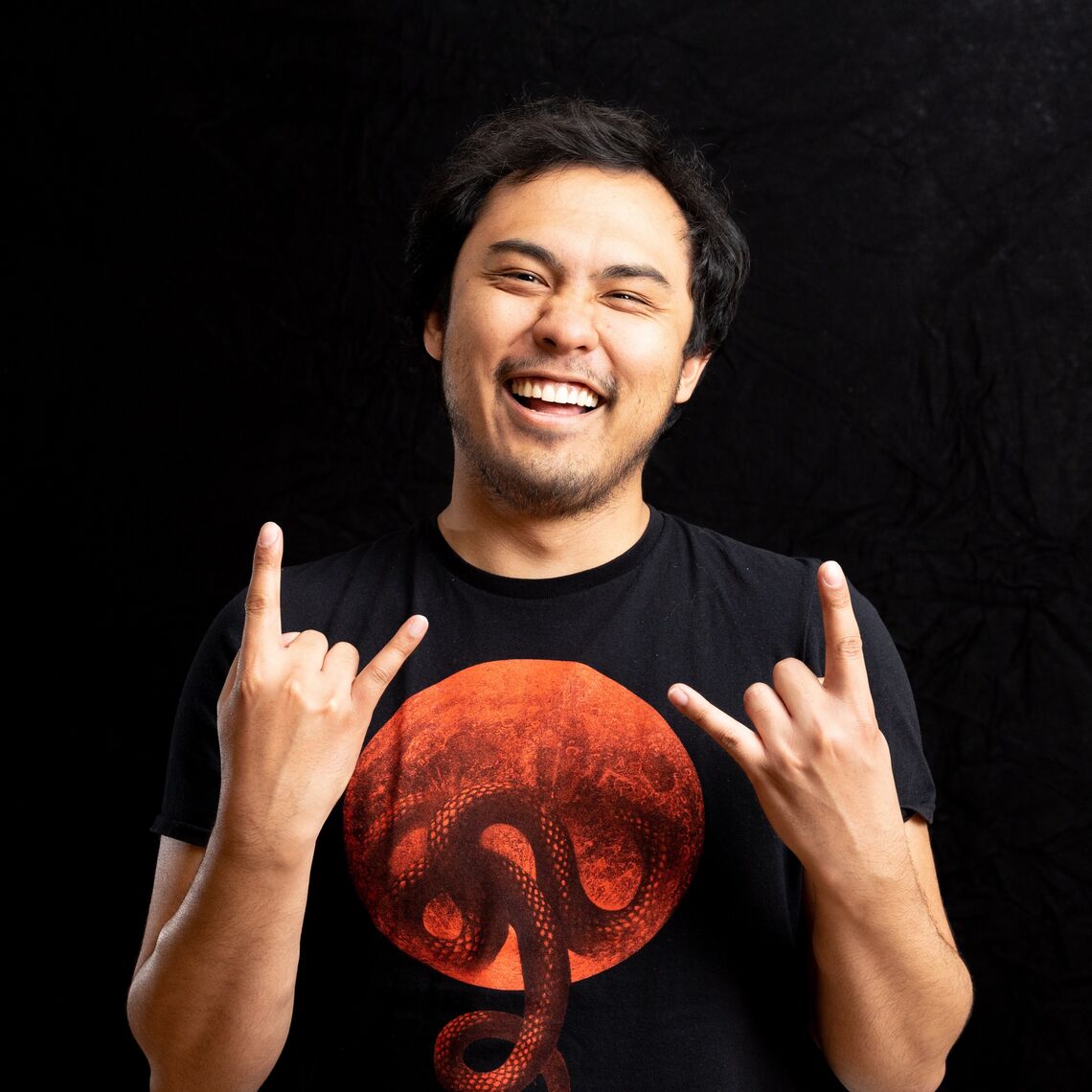
2021 Paul & Daisy Soros Fellow Enrique Toloza is an MD/PhD student at Harvard University and Massachusetts Institute of Technology (MIT).
Enrique Toloza was born in Los Angeles, California, the child of two immigrants: one from Colombia who had come to the United States to study for her PhD and the other from the Philippines who grew up in California and went on to medical school. Their literal marriage of science and medicine left an early mark on Enrique, and from a young age he aspired to become a physician-scientist. Enrique owes everything, including his scientific curiosity, his love of Spanish and sci-fi literature, and his taste in music (good and bad), to his parents.
Enrique majored in physics and Spanish literature at the University of North Carolina at Chapel Hill, where he was awarded the Daniel C. Johnston Award for Outstanding Junior in Physics and the Sterling A. Stoudemire Award for Excellence in Spanish. He worked in three research labs, eventually settling on an interest in theoretical neuroscience after a summer research internship at MIT and completing an honors thesis on noninvasive brain stimulation.
After college, Enrique joined Professor Mark Harnett’s laboratory at MIT for a gap year, during which he coauthored publications in Cell and Neuron. He went on to enroll in the Harvard-MIT MD/PhD program to train as a physician-scientist, studying within the Health Sciences & Technology (HST) MD curriculum at Harvard and MIT. For his PhD, Enrique rejoined Professor Harnett, this time as a graduate student in physics at MIT, to conduct research on the biophysics of dendritic integration and the contribution of dendrites to cortical computations in the brain.
We caught up with Enrique about what’s next and what the Fellowship has meant to him:
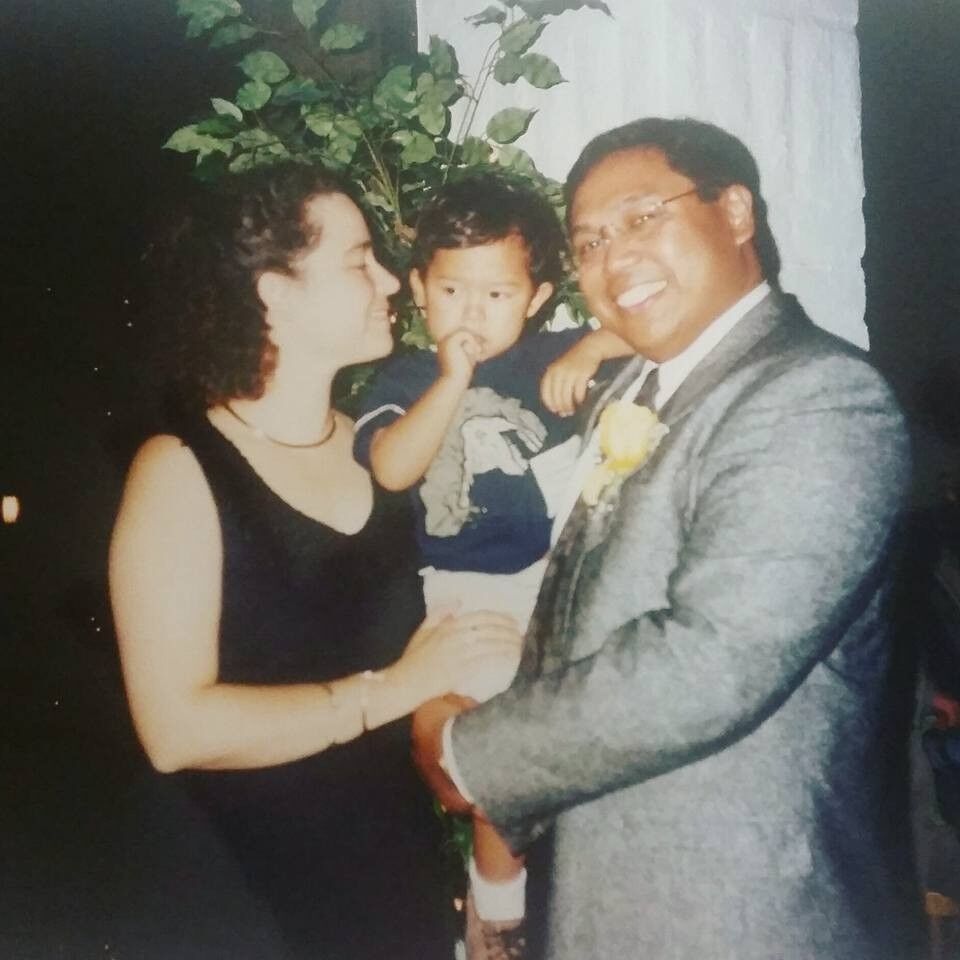
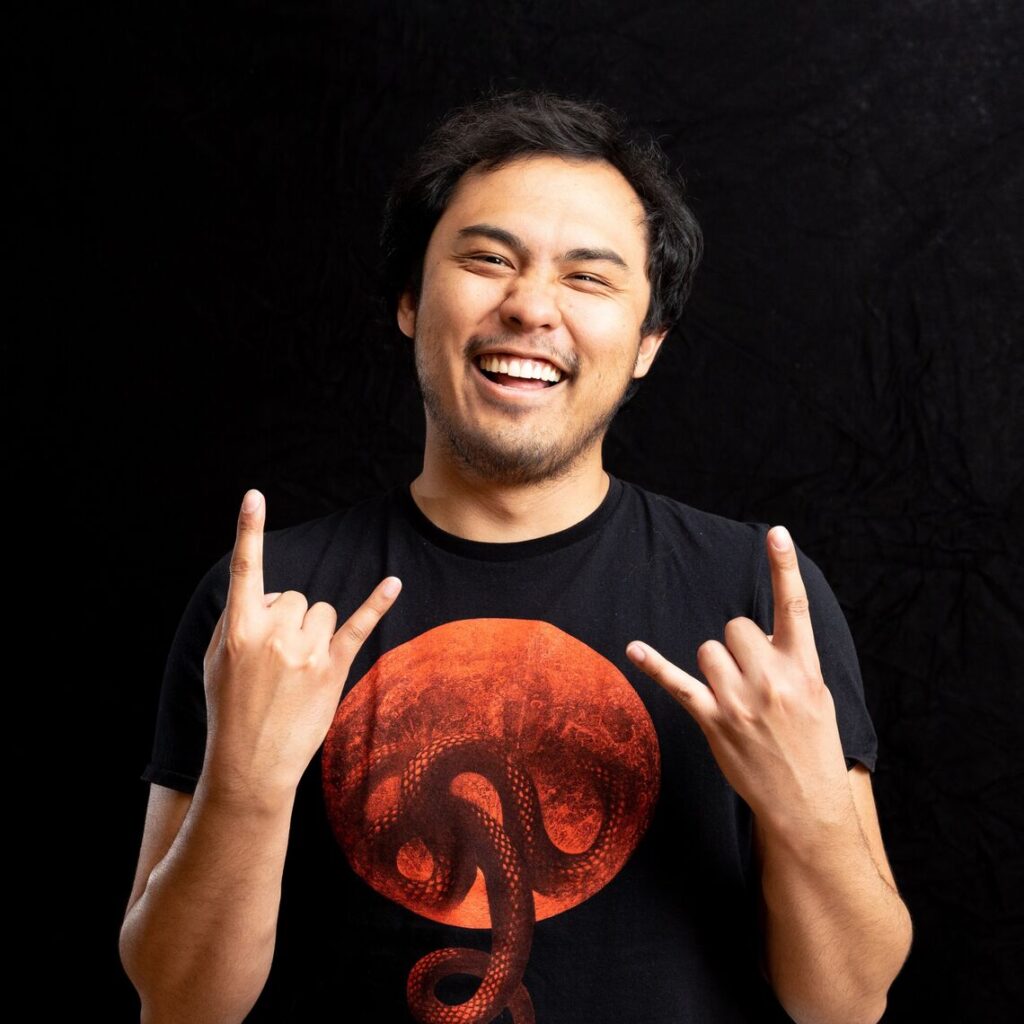
“What I’ve learned since is that the Paul & Daisy Soros Fellowship is by no means looking for a single archetype of the New American—if anything, it is the fact that our lives tangle together into some shared experiences and dramatically diverge into others that makes the community feel so vibrant and rich. So… just start writing.”
Where are you with your graduate program now?
Time flies by very quickly! I am in my fourth year of the PhD and sixth year overall in the MD-PhD program. Despite loving the PhD life, I am hoping to finish in the next two years. That means that I’m trucking away at my thesis project and starting to look towards returning to medical school, where clinical rotations await me.
Can you tell us more about your graduate studies—what questions were you/are you pursuing?
I study how the brain and its constituent cells—neurons—have evolved biophysical specializations to support all sorts of powerful computation in the face of physical demands such as limited energy and space. In other words, how does your brain do all the processing required for you to go about your day while fitting in your skull and consuming far less energy than the average desktop computer? The lab I work in has a large focus on dendrites, the antennae-like structures that emerge like tree branches from the neuron’s cell body and that receive the vast majority of synaptic inputs to the cell. We have been exploring the hypothesis that dendrites, among other functions, increase the energy efficiency of neural networks by allowing for smaller networks made up of more complex units.
There are so many paths beyond college—why did you feel graduate school was the best next step for you personally and/or professionally?
I’ve known for a very long time that I wanted to pursue an MD-PhD—my mom is a scientist and my dad a physician, so I like to joke that I was born out of a literal marriage of medicine and science. I was incredibly lucky to have these role models—to see two people who looked like me working at benchtops and caring for patients—and then even more lucky that research and patient care ended up being so personally enjoyable and satisfying.
I do think that the decision to do a PhD as a medical student (let’s be real, as anyone) is especially interesting and difficult. A PhD can represent so many myriad experiences, each potentially very different from the other—it’s kind of like choosing to climb aboard a roller coaster with 95% of its track obscured and 16 possible endpoints. I’m an entirely different person than I was when I started my PhD, and I imagine I’ll be an entirely new different person by the end. It’s an experience that is sometimes exhilarating, sometimes lonely, sometimes extremely fulfilling, and sometimes soul-crushing, but I would choose it again in an instant.
Do you have any favorite memories from the past two years as a Paul & Daisy Soros Fellow?
There’s no way I could choose anything but a memory from one of the Paul & Daisy Soros Fellowships Fall Conferences—they’re such a blast. Probably the best bonding experience was a handful of Fellows playing hooky from one of the conference events to attend a Woman, Life, Freedom protest and then explore the city together. The Conferences’ structured discussions are great for learning about each other’s backgrounds, but there’s nothing like walking through a busy city listening to a new friend give an impassioned spiel about one of their niche interests. It’s exactly those niche interests—both the range and intensity of the passions that each Fellow represents—that makes the Fellowship such a uniquely wonderful community.
What advice would you give to someone who is thinking of applying to The Paul & Daisy Soros Fellowships for New Americans?
It is very, very easy for immigrants and children of immigrants to allow the experience of being “other” to extend past “do I have a place in this country?” to “do I even have a place among other immigrants?” I remember reading the bios of Fellows while I was applying and thinking my story absolutely paled in comparison to everyone else’s. And the result is that you end up frozen staring at an empty document while trying to write your personal essay.
What I’ve learned since is that the Paul & Daisy Soros Fellowship is by no means looking for a single archetype of the New American—if anything, it is the fact that our lives tangle together into some shared experiences and dramatically diverge into others that makes the community feel so vibrant and rich. So… just start writing. And if that’s too difficult at first, find someone you feel comfortable with and just talk about what’s important to you and how your life has shaped that answer. I guarantee you that you and your story have depths you have yet to fathom. Sometimes you just need someone else’s perspective to appreciate the light you have to offer. ∎
Keep Exploring
-
 Read more: The Public Voices Fellowship of PD Soros, in partnership with the Oped Project: Year Four
Read more: The Public Voices Fellowship of PD Soros, in partnership with the Oped Project: Year FourThe Public Voices Fellowship of PD Soros, in partnership with the Oped Project: Year Four
-
Read more: NOT ON MY RESUME: Ming Hsu Chen
- Fellow Highlights
- Fellows in Action
NOT ON MY RESUME: Ming Hsu Chen
-
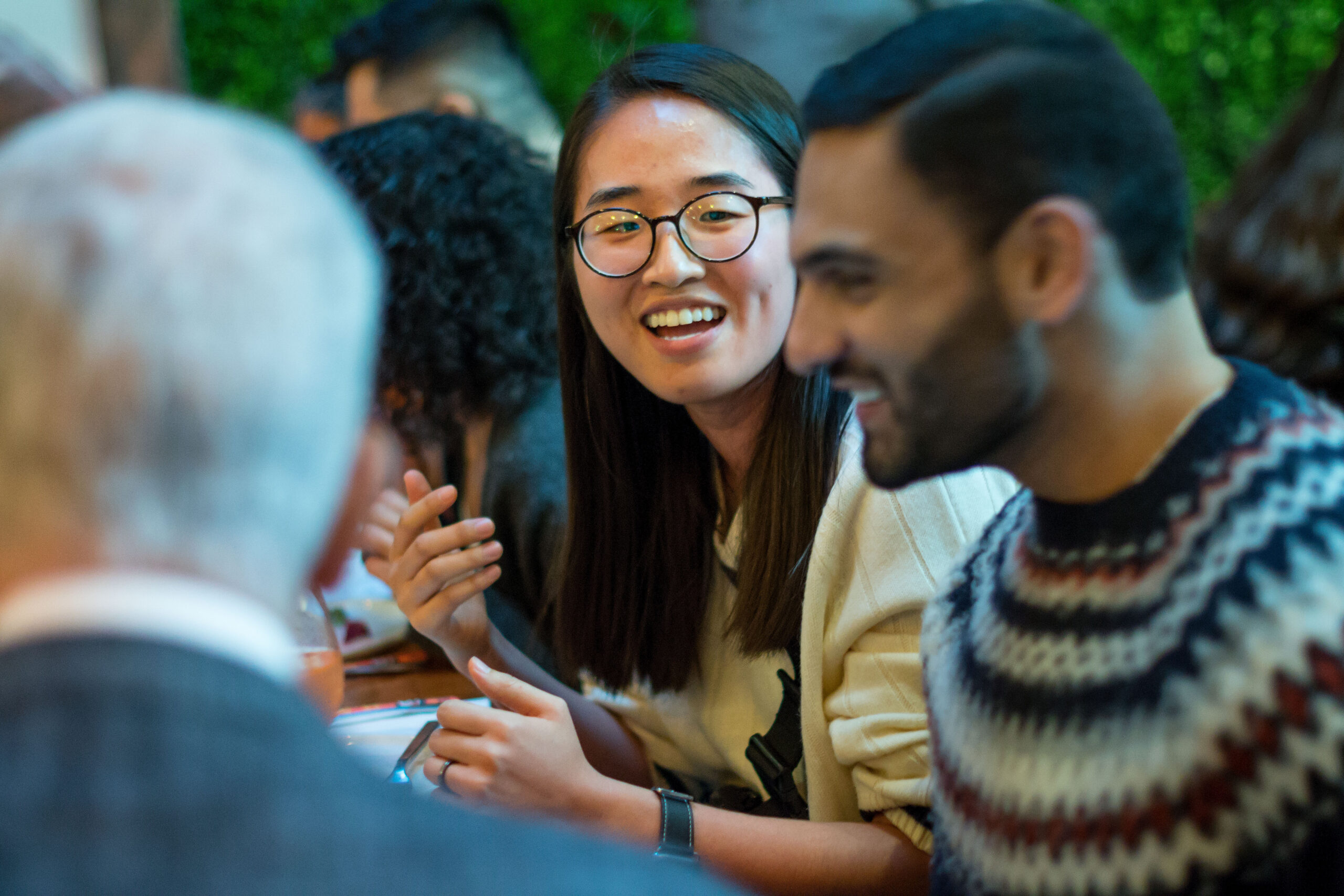 Read more: Kathy Ku Steps into Leadership as PDSFA Chair
Read more: Kathy Ku Steps into Leadership as PDSFA Chair- Board of Directors
- Fellowship News
Kathy Ku Steps into Leadership as PDSFA Chair
-
 Read more: Q&A with MD/PhD Student Silvia Huerta Lopez
Read more: Q&A with MD/PhD Student Silvia Huerta LopezQ&A with MD/PhD Student Silvia Huerta Lopez
